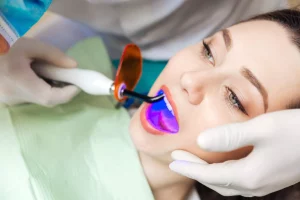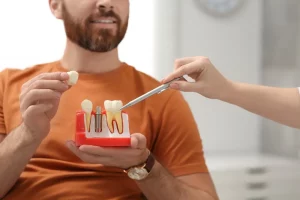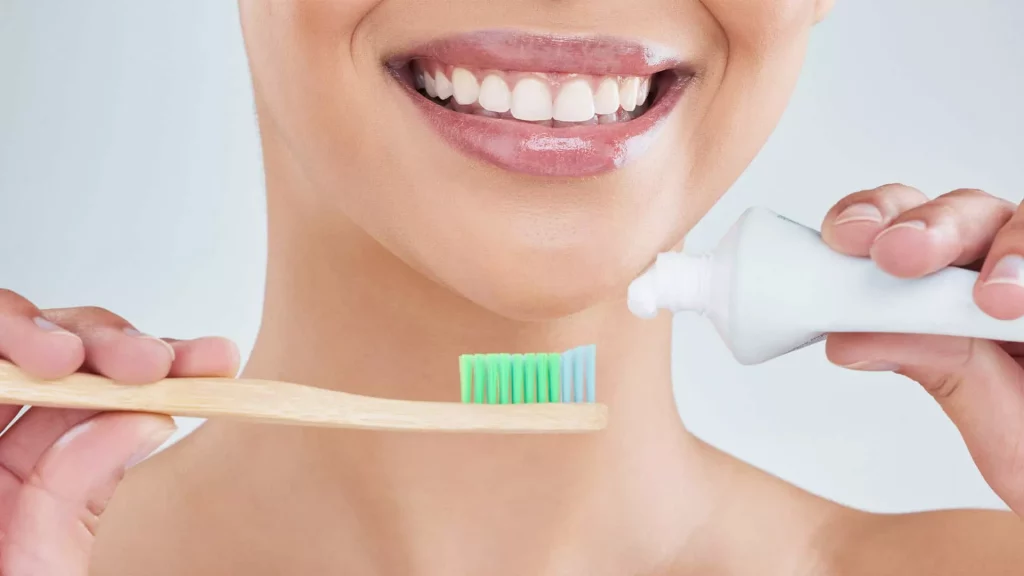Last Updated on: 4th December 2025, 08:31 am
Seeing a dentist regularly—ideally every six months—is one of the smartest ways to protect your health. This helps catch small issues before they turn into big (and expensive) problems
Why You Should Visit the Dentist (Even if Nothing Hurts)
Visiting the dentist often becomes tedious, either due to a lack of time, because it is not considered important, or from fear. Many people schedule a consultation for mouth pain or discomfort; however, this is not a good idea.
A visit to the dentist is to detect typical conditions, thereby avoiding future problems. Early detection avoids health complications. The dentist will evaluate, identify, and analyze oral tissues to determine whether or not there is a new development, then recommend the ideal treatment for the condition found.
How often should you go to the dentist?
Twice a year is a good rule of thumb, but it really depends on individual needs. If you’re prone to cavities, have sensitive gums, or a chronic condition like diabetes, your dentist might want to see you more often.
Most importantly: don’t wait for pain to manifest. Pain means something’s already wrong, and the longer you wait, the harder (and more expensive) it is to fix.
Why visit the dentist even if nothing hurts?
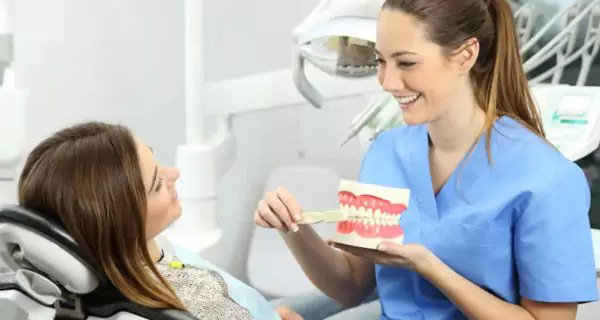
A lot of people think, “If it doesn’t hurt, why go?” But by the time something does hurt, you’re usually dealing with an advanced issue.
Here’s why regular visits matter:
- Early detection: catches cavities, gum issues, and other problems before they escalate.
- Long-term savings: While dental visits might seem like a luxury due to the cost of appointments, preventive care is far more economical than reactive treatment. Dental treatments can be expensive, and it’s always cheaper to prevent a problem than treat it.
- Better daily habits: Your dentist can help improve your brushing and flossing routine.
- Professional cleanings: Even if you brush well, there are spots your toothbrush misses. A deep cleaning once or twice a year keeps things in check.
What can a dentist detect before it gets serious?
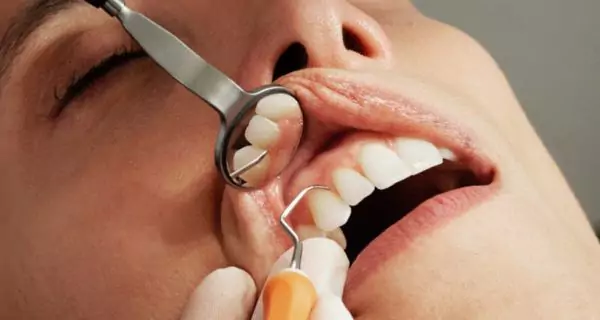
A routine check-up can reveal more than you’d expect. Here are some examples:
Common oral issues:
- tiny cavities that aren’t painful yet
- early signs of gum disease (bleeding or inflamed gums)
- misaligned or crowded teeth
- teeth grinding (bruxism)
- TMJ disorders (jaw pain or clicking)
Conditions that affect overall health:
- Oral cancer: Sores or patches that don’t heal can be early warning signs.
- Chronic dry mouth (xerostomia): It can make eating and speaking difficult and increase cavity risk.
- Systemic illnesses: Some conditions like diabetes or blood disorders show signs in the mouth first.
If you live with high blood pressure or diabetes, keeping your mouth healthy is even more important as oral infections can make these conditions worse or harder to manage.
When should kids start seeing a dentist?
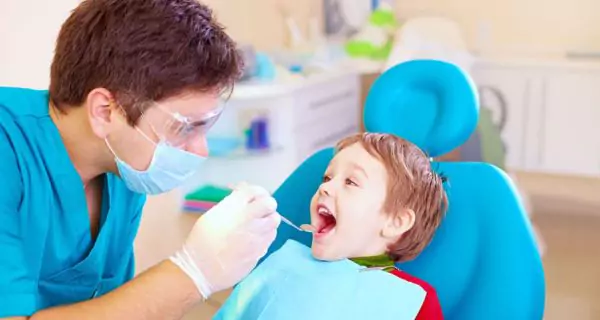
Start around age three. It’s not just about checking for cavities; it’s about helping kids feel comfortable with dental visits early on.
These early appointments build trust and prevent fear later in life. Plus, parents get useful advice on how to help their kids build strong habits at home.
Frequently Asked Questions (FAQ)
Voice Search Snippets (Q&A)
When should I take my child to the dentist for the first time?
Around age three, so they can get used to the experience and learn healthy habits early on.
Bibliography
- Calero, J. I. (January 13, 2020). redalcy.org. Retrieved from Fear of the dentist in children under 5 years old: https://www.redalyc.org/journal/5728/572863748006/html/
- Molina Hospital. (May 15, 2018). Molina Hospital. Obtained from Going to the dentist twice a year: https://hospitaldemolina.es/por-que-debemos-ir-al-dentista-dos-veces-al-ano/
- ops. (s.f.). OPS. Retrieved from Oral Health: https://www3.paho.org/hq/index.php?option=com_content&view=article&id=1127:oral-health-program&Itemid=0&lang=es#gsc.tab=0
- Princet, Y. V. (July 1, 2017). Mexican dental magazine. Retrieved from Dentistry today: https://www.scielo.org.mx/scielo.php?script=sci_arttext&pid=S1870-199X2017000300154
- Rojas Alcayaga G, M. L. (July 1, 2004). Advances in odontostomatology. Obtained from Patient-dentist interaction, based on the psychological meaning of the mouth: https://scielo.isciii.es/scielo.php?script=sci_arttext&pid=S0213-12852004000400003







